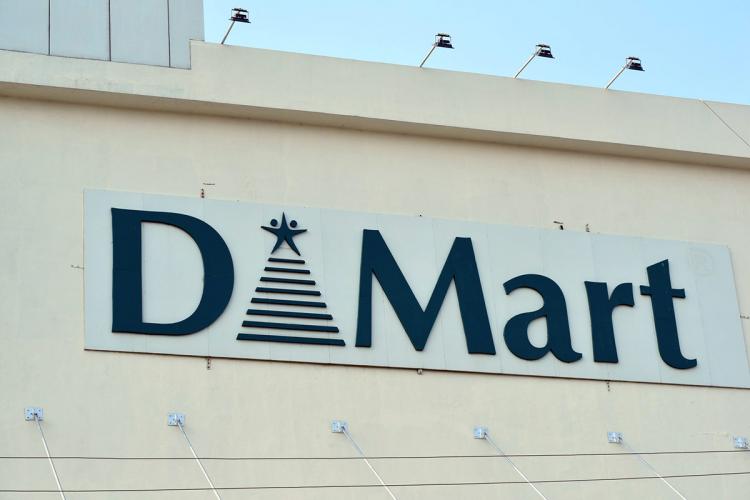DMart is hampered by declining stock and fierce offline and online competition.

Avenue Supermarts, known for its DMart chain of stores, has seen its stock price fall by nearly 10% in two years. Though, when compared with its all-time high of Rs 5,329.65 a share on October 14, 2021, DMart’s fall is close to 30%. This is a sharp drop for the country’s second-largest organised retailer, which was once a stock market favourite. On Monday, the retailer, in its quarterly update, said that it had reported a year-on-year growth of 18.1% in standalone revenue, reaching Rs 11,584 crore for the April-June period.
Analysts also expect the company to maintain a topline growth of around 27-30% in FY24 thanks to its everyday low price strategy (EDLP) strategy. For perspective, the company had reported an year-on-year topline growth of nearly 28% and 38% in FY22 and FY23, respectively. (See chart)Yet, the DMart stock, which had been falling since Friday, failed to recover in Tuesday’s trade. In the last four trading sessions, the stock has fallen 3.7%. In the last two days alone, the drop has been 1.21%, the BSE data shows.
Analysts attribute the tepid investor response to DMart shares to factors such as growing competitive intensity and weak same-store sales growth (SSG).“The retail landscape has evolved over the years. You have large players such as Reliance Retail on one hand and online players such as BigBasket, JioMart and quick commerce players such as Zepto, Blinkit and Dunzo on the other hand. DMart tends to get compared with all of these players on factors such as speed, number of stores, if the player is offline and product mix,” says G Chokkalingam, founder and MD of Mumbai-based Equinomics Research.
While DMart Ready, the online grocery platform of DMart, has stepped up its discount play in the last two months, its operations are limited to 22 cities currently, versus JioMart and BigBasket. The latter two have operations in over 200 towns and 450 towns, respectively, experts tracking the market said.Also, SSG for DMart has been hovering in the 6-7% region in the last couple of quarters, thanks to a discretionary slowdown which has weighed on its general merchandise and apparel (GM&A) sales. This segment contributes 23% to overall sales, while foods gives the company 56% of its sales and non-food FMCG products contribute 21% of the company’s sales.“77% of D-Mart’s sales is daily-use staple products where price elasticity is high. With inflation now decelerating, sales growth of the FMCG universe (which is a proxy for D-Mart grocery sales) is likely to slow down by 414 basis points in FY24,” said analysts at IIFL Securities. This could put pressure on SSG in FY24, they say.
But the bigger concern, as indicated by analysts at Motilal Oswal and ICICI Securities, is the competition coming from apparel majors such as Trent’s Zudio, Landmark Group’s Max and Reliance Retail, which are offering clothes at competitive price points.“These players have been chipping away at DMart’s general merchandise and apparel sales because of their attractive pricing and omni-channel strategy,” say analysts at ICICI Securities. For perspective, DMart’s pre-Covid sales from general merchandise and apparel was around 28-29%, according to the brokerage firm. It hasn’t helped that consumers are now increasingly turning to the online channel to shop for apparels, says IIFL Securities, which has hurt DMart’s GM&A sales, since the retailer typically stocks these products in stores.
The retailer’s shift to larger store formats in the last few years has also hurt sales per sq ft, say experts. Currently, 60% of DMart’s total retail area represents large stores, its financial statements showed. “Larger and newer stores have a longer gestation periods, impacting profitability,” says Chokkalingam.DMart will need to get its mojo back to become a darling of the investor community.







